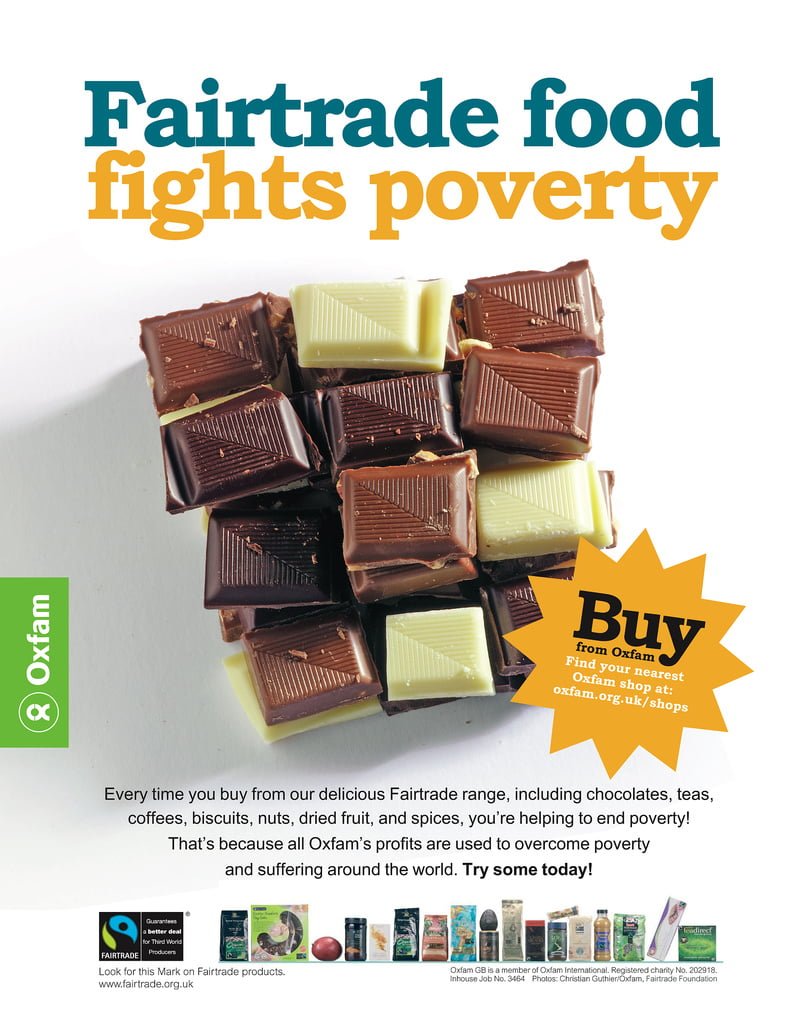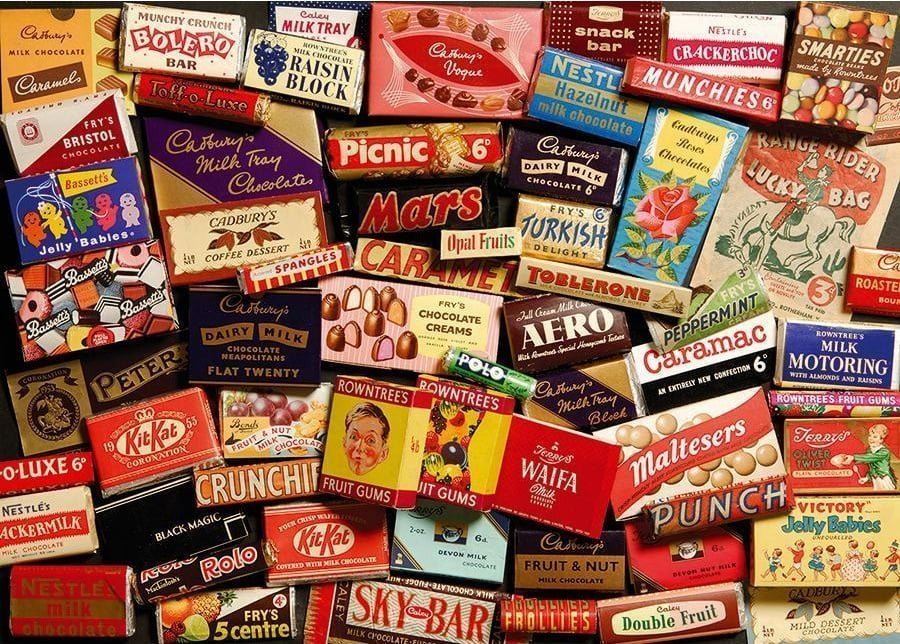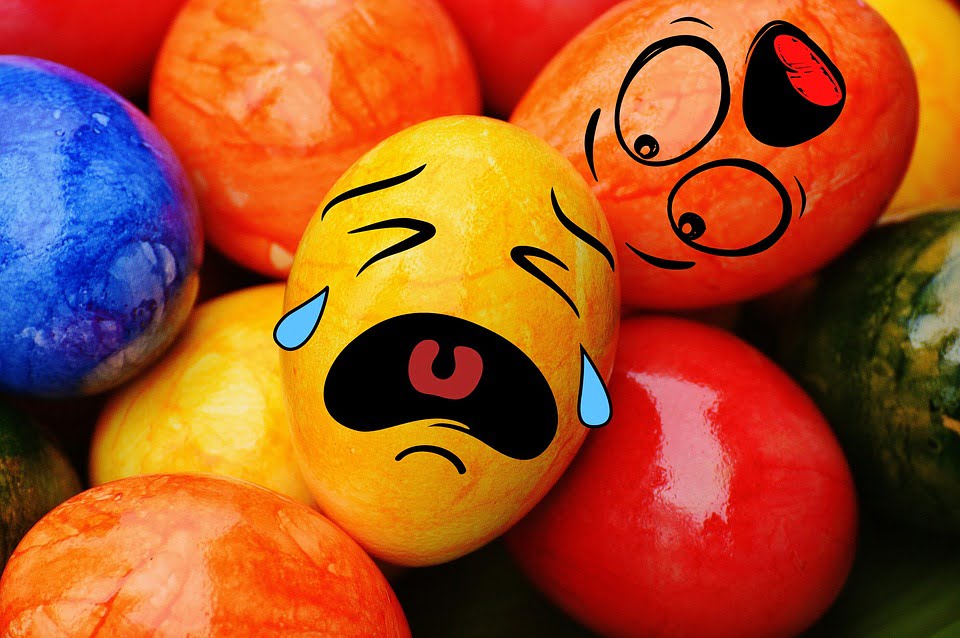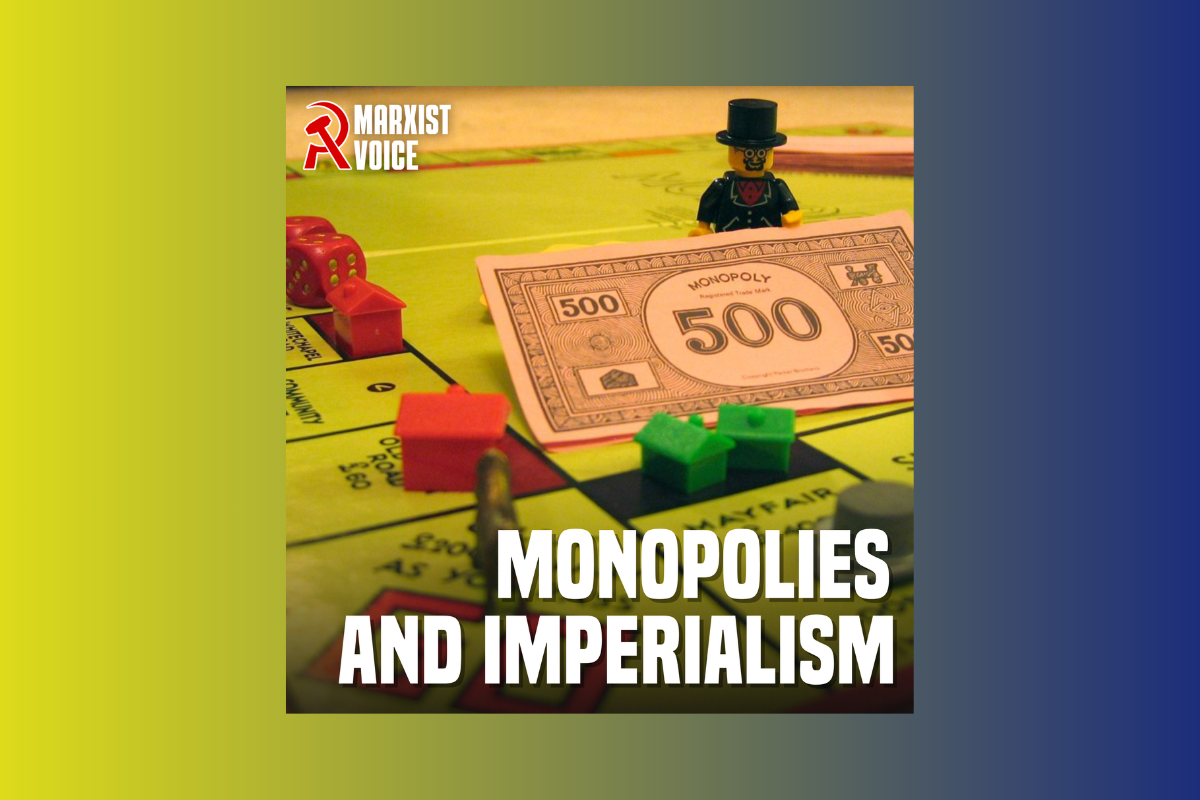Every Easter, millions of people tuck into inadvisable quantities of chocolate eggs. But crack the yummy surface and you’ll find a gooey core of brutality underlying the history of the sugar and cocoa trade. As Joe Attard of the KCL Marxists explains, those who desire guilt-free guilty pleasures need to support the revolutionary cause!
As much as I look forward to tucking into inadvisable quantities of chocolate eggs and bunnies this Easter, there is nothing more stomach-churning than the exploitative and imperialist practices of the confectionary industry. Crack the yummy surface and you’ll find a gooey core of brutality underlying the history of the sugar and cocoa trade.
None of this is to suggest we should do away with the sweeter things in life. Under capitalism, if we refused to buy things made with exploitative labour, there would be nothing at all left for us to buy! Under socialism, however, little luxuries like chocolate will be accessible to everyone, and will not come at the cost of immeasurable suffering. Therefore, those who desire guilt-free guilty pleasures need to support the revolutionary cause!
The sour history of the chocolate trade
Humanity has been cultivating the cocoa tree for millennia, beginning in its native Mesoamerica, where cocoa beans were fermented and turned into alcoholic beverages as early as 1400 BCE.
The delights of this versatile resource were unknown to Europeans until the 16th Century, when Christopher Columbus and Hernán Cortés’ conquistadors first encountered cocoa during their imperialist expeditions to the Americas. The Spaniards in particular became very fond of an acrid, local beverage named ‘chocolate’ (from the Nahuatl word ‘xocolatl’, meaning ‘bitter drink’).
After his genocidal subjugation of the Aztec Empire, Cortés began exporting his ‘discovery’ to Europe, where it became a favourite of the royal courtiers ‒ who were especially fond of mixing it with other expensive colonial spoils like sugar and cinnamon.
The Spanish aristocracy’s newfound sweet tooth fuelled a roaring slave trade in the 17th Century, in which the laborious process of processing the cocoa bean was undertaken by poor labourers and African slaves (after all the Mesoamerican slaves died of smallpox and other diseases). Before long, the British and Dutch also got in on the action, founding plantations of their own throughout the New World that were every bit as brutal as the Spanish operations.
The industrial revolution ramped up the rate and efficiency of chocolate production, but the public’s appetite for (now considerably more affordable) chocolate was insatiable, pushing up the demand for slave labour. Right up to the end of the 19th Century, huge numbers of slaves were transported from Angola to the islands of São Tome and Principe ‒ many of which were directly purchased by large confectionary firms ‒ to work to death on new cocoa estates.
Long after the collapse of the international slave trade, modern confectionary companies retained the fine tradition of their predecessors. Even though the large chocolate companies stopped buying African islands in 1909, reports of forced labour continued to the 1950s. Cases of slavery overseen by colonial powers and local chiefs in their employ were widely reported on plantations in Fernando P, Côte d’Ivoire, Liberia and Cameroon, up to the Second World War.
The horror of illicit slavery did not stop there. In 2000, a Channel Four documentary exposed extensive child and slave labour on the cocoa farms of Côte d’Ivoire (the world’s largest chocolate producer), shocking many British consumers.
In response, US Senator Tom Harkin and Representative Eliot Engel negotiated the Harkin–Engel Protocol, (sometimes referred to as the Cocoa Protocol), aimed at ending “the worst forms of child labour”. The bill received fierce pushback from the international confectionary industry, and it is unclear how successful it has been in eradicating child slavery.
Even where they are not directly enslaved, poor famers in cocoa-producing nations earn a pittance for their crop, while fat-cat capitalists gobble up vast profits in confectionary sales. In the UK alone, the industry yields £4bn in annual revenue. Meanwhile, the US market amounted to nearly $34.9bn in 2015 and is expected to notch $38.1bn by 2020.
Paul Bulcke, the CEO of Nestlé, was forced to swallow a 7 per cent pay-cut in 2013 given a dip in sales ‒ following a string of scandals leading back to the 1970s, in which the confectioner was criticised for aggressively pushing dangerous baby milk substitutes in the developing world. He now earns a mere 9.296 million Swiss Francs (£7.38 million) a year.
And the daily wage income of an Ivoran cocoa farmer? 40 pence. In order to keep the wages at this level, Nestlé pays criminal gangs to harass, assault and even murder trade unionists in Côte d’Ivoire.
This goes without mentioning the workers at every link in the supply chain ‒ from factory workers, shippers, and retailer employees ‒ surviving on miserly (if not absolute subsistence) wages.
There’s nothing fair about trade under capitalism
 Unlike so called ‘ethical’ consumers, Marxists recognise that there can be no capitalism without exploitation. Profits do not fall from the sky, but are based on exploiting the surplus labour of the working class. The purchasing decisions of a handful of moralistic Westerners have next-to-no impact on the business practices of massive capitalist operations like Nestlé; and at best foster a small niche for costlier, ‘fairly sourced’ products.
Unlike so called ‘ethical’ consumers, Marxists recognise that there can be no capitalism without exploitation. Profits do not fall from the sky, but are based on exploiting the surplus labour of the working class. The purchasing decisions of a handful of moralistic Westerners have next-to-no impact on the business practices of massive capitalist operations like Nestlé; and at best foster a small niche for costlier, ‘fairly sourced’ products.
Organisations like the Fair Trade Foundation seek a ‘fairer deal’ for producers in poor countries, by forming a ‘co-operative partnership between consumers, producers and Fair Trade certified companies’. By eliminating other parties from the supply chain, and encouraging capitalist companies to use ingredients that have been confirmed as ‘ethically sourced’, this scheme aims to ensure Third World producers get a bigger slice of the profits. Note however that there is no dent to the profits of the capitalist companies – it is everyone else who is expected to pay more, in order to address the ‘unfair trade’ that these capitalists are responsible for.
Many customers believe that buying chocolate labelled with the Fair Trade stamp will help the poor, and are therefore willing to pay slightly more for their sake. However, impoverished farmers in former colonial nations see virtually no benefit from so-called ‘fair supply chains’. An academic study by MIT in 2015 found that producer benefits from Fair Trade are practically zero, because the additional revenue generated by certified products just barely recouped the costs of the certification! As a result, the Fair Trade logo just that: a brand logo, for the benefit of the capitalists.
Even the most earnest attempts to ‘ethically’ source and retail chocolate will either occupy such a tiny market share as to have no measurable impact on the lives of super-exploited workers, or are doomed to transform into ‘ordinary’ capitalist practices under the pressures of the market economy.
For instance, the Cadbury company, founded in 1824 by John Cadbury, demonstrates that even the best-intentioned capitalists cannot resist the laws of capital.
Cadbury was a committed Quaker who developed his Bournville estate, outside Birmingham, into a model village, providing a pleasant living environment for his employees. He also lobbied the British government to enforce more stringent measures to protect workers, and paid his own employees well above the average salary for factory employees of the day.
However, the pressure of competition and the need to maximise profits gradually undermined these noble principles, until – little-by-little ‒ Cadbury shed all pretense of ‘ethical’ practice, and became just one more ruthless capitalist operation. In 2015, the company was acquired by the American manufacturing and processing conglomerate, Kraft Foods, which has come under heavy fire for destroying large swathes of the Indonesian rainforest ‒ ecological disaster being one other consequence of the rapacious confectionary market.
For socialism and free Freddos!
Ultimately, it is not the disposition of individual capitalists that drives these unscrupulous practices, but the laws of capitalism, which require that companies maximise their profits by paying workers as little as they can get away with.
Privately-owned companies can never be persuaded by force of argument to pay workers decently, show any concern for public health (and thus cease contributing to an obesity epidemic in the West while Third World farmers starve), or treat the environment with due respect.
There are vast aspects of food industry production that can be rationalised and streamlined, with many of the tedious and dangerous jobs eliminated or vastly improved through mechanisation and automation. Moreover, wastage can be drastically reduced and world hunger rapidly eliminated through proper economic planning ‒ we already produce enough calories to feed humanity annually. However, none of this can be achieved under capitalism because of the prohibitive up-front cost and need to preserve profit margins.
Only the revolutionary working class, by assuming control of these grotesque confectionary operations, seizing and reinvesting their wealth and infrastructure, can ensure that your chocolate eggs are not drenched in the blood of super-exploited labourers.
Because nothing ruins the taste of chocolate like proletarian blood. Happy Easter!







